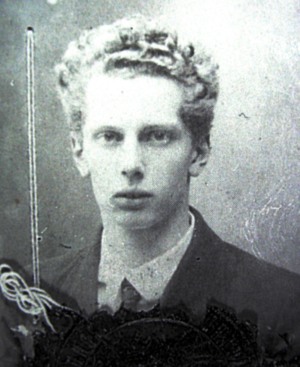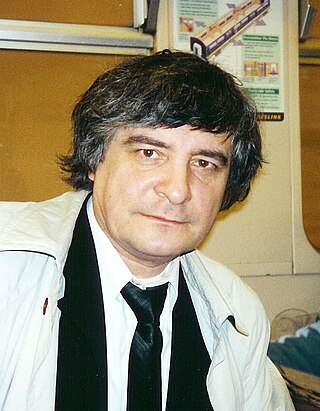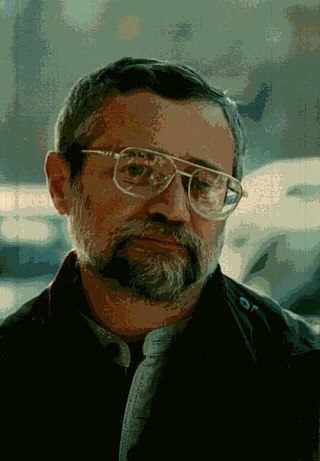Related Research Articles
John Harris Harbison is an American composer and academic.

Boris Blacher was a German composer and librettist.

Sándor Veress was a Swiss composer of Hungarian origin. He was born in Kolozsvár/Klausenburg, Transylvania, Kingdom of Hungary, Austro-Hungarian Empire, nowadays called Cluj-Napoca, Romania, and died in Bern. The first half of his life was spent in Hungary; the second, from 1949 until his death, in Switzerland, of which he became a citizen in the last months of his life.
Arnold Atkinson Cooke was a British composer, a pupil of Paul Hindemith. He wrote a considerable amount of chamber music, including five string quartets and many instrumental sonatas, much of which is only now becoming accessible through modern recordings. Cooke also composed two operas, six symphonies and several concertos.
Marcel Mihalovici was a French composer born in Romania. He was discovered by George Enescu in Bucharest. He moved to Paris in 1919 to study under Vincent d'Indy. His works include his Sonata number 1 for violin and piano (1920), Mélusine opera, his 1st string quartet (1923), 2nd string quartet (1931), Sonata number 2 for violin and piano (1941), Sonata for violin and cello (1944), Phèdre Opera (1949), Étude in two parts for piano and instrumental ensemble (1951) and Esercizio per archi (1960). Many of his piano works were first performed by his wife, the concert pianist Monique Haas.

Dmitri Nikolaevich Smirnov was a Russian-British composer and academic teacher, who also published as Dmitri N. Smirnov and D. Smirnov-Sadovsky. He wrote operas, symphonies, string quartets and other chamber music, and vocal music from song to oratorio. Many of his works were inspired by the art of William Blake.

Pavel Bořkovec was a Czech composer and music teacher.
Boris Ivanovich Tishchenko was a Russian and Soviet composer and pianist.

Hans Gál OBE was an Austrian composer, pedagogue, musicologist, and author, who emigrated to the United Kingdom in 1938.

Eduard Hayrapetyan is an Armenian composer of contemporary classical music and educator.
Vladimír Soukup was a Czech post-romantic composer.
Graham Whettam was an English post-romantic composer.
References
- ↑ "Warren, Prof. Raymond Henry Charles", Who's Who (online edition, University of Oxford, December 2018). Retrieved 18 November 2018.
- ↑ "Raymond Warren MA MusD (Cantab): Emeritus Professor of Music". University of Bristol Department of Music. Archived from the original on 6 February 2007. Retrieved 21 January 2007.
- ↑ Stevens, Ian. 'Raymond Warren', in Grove Music Online (2001)
- ↑ Opera Glass
- ↑ Acton, Charles. 'The Music of Raymond Warren', Musical Times, October 1969, pp. 1031-1033
- ↑ The Peter Jacobs Anthology: Twentieth Century British Piano Music, Heritage HTGCD159 (2021)
- ↑ The Next Ocean, UH Recordings (2011)
- ↑ The Next Ocean, reviewed at MusicWeb International
- ↑ British Light Music Discoveries 2, Royal Ballet Sinfonia, Gavin Sutherland, White Line CD WHL2126
- ↑ List of Compositions by Raymond Warren, Impulse Music